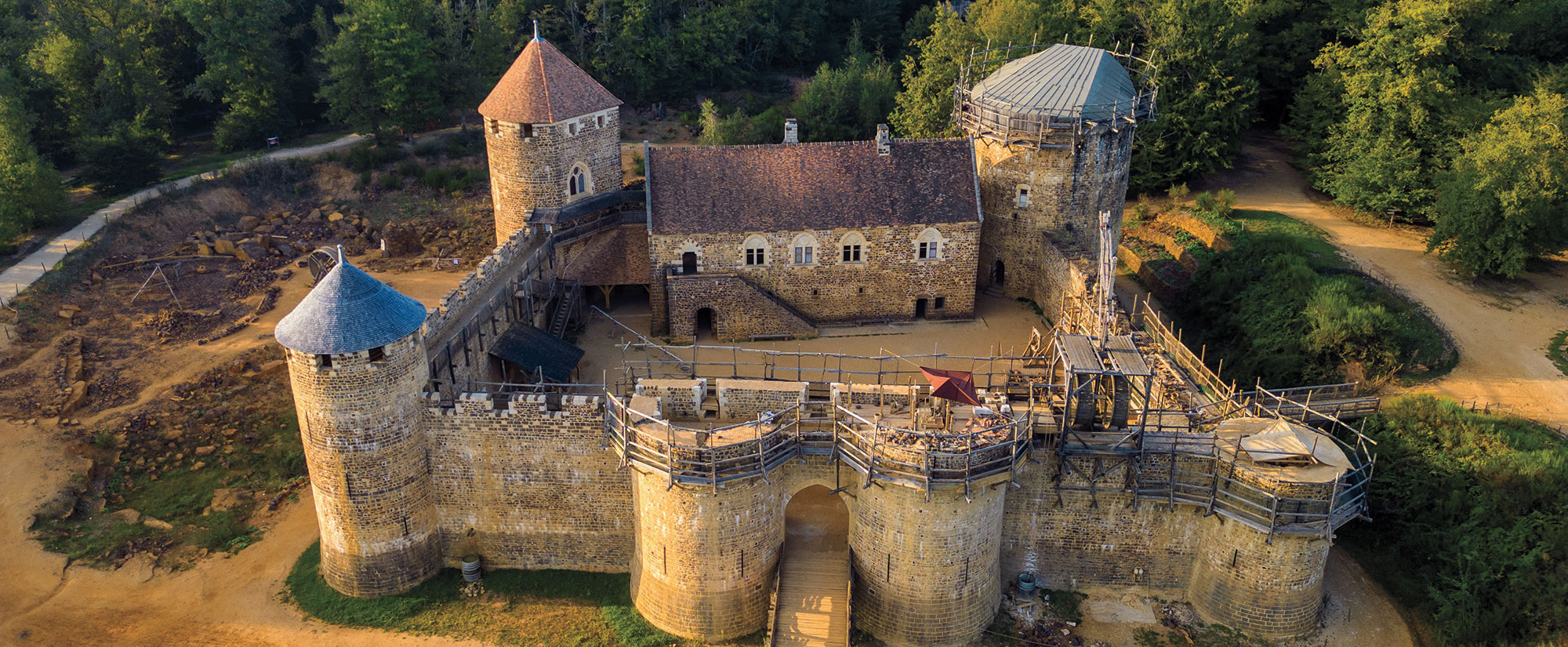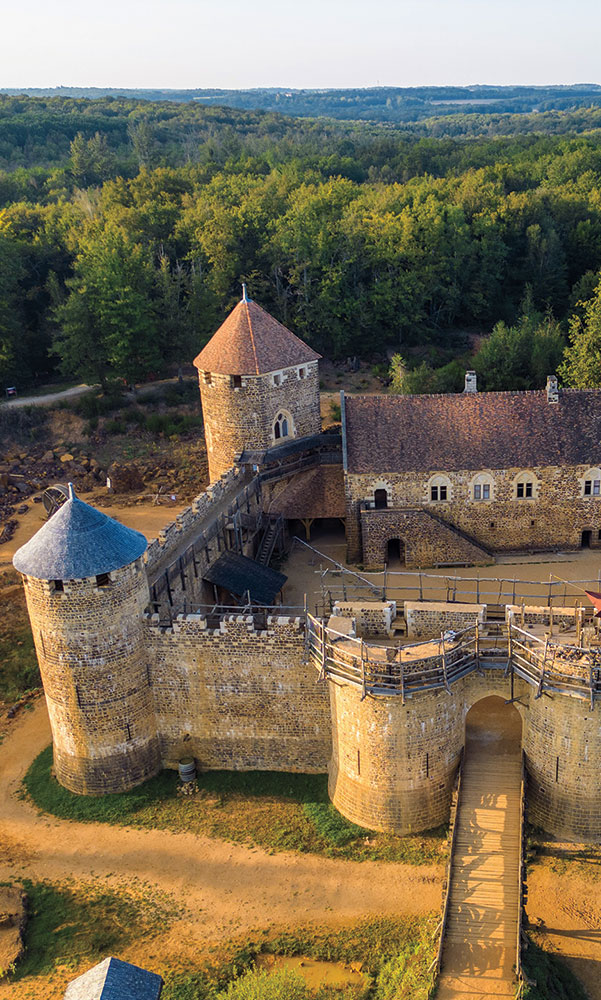ZALASZENTGRÓT, HUNGARY—Roman-era wells that may have been part of the ancient settlement of Maestriana have been unearthed in western Hungary, according to a Daily News Hungary report. The excavation was conducted by a team of researchers from Göcseji Museum ahead of a scheduled construction project. Little remains of the ancient settlement, which was occupied between the first and fourth centuries A.D. “Our most important find consists of three Roman wells from the second century, all located within a single excavation unit,” said archaeologist Lívia Simmer. “The internal wooden framework of two wells has survived,” she added. Pottery likely imported from Gaul, and other imported objects, were recovered from the wells, and are evidence of the Maestriana’s trade networks, Simmer explained. Historic sources indicate that the settlement was situated on the road connecting Savaria (modern Szombathely, to the northwest) with Fenékpuszta, a settlement near Lake Balaton, to the east. The wells were filled in in antiquity, Simmer concluded.
Roman Wells Unearthed in Hungary
News October 15, 2025
Recommended Articles
Digs & Discoveries January/February 2021
Head Space
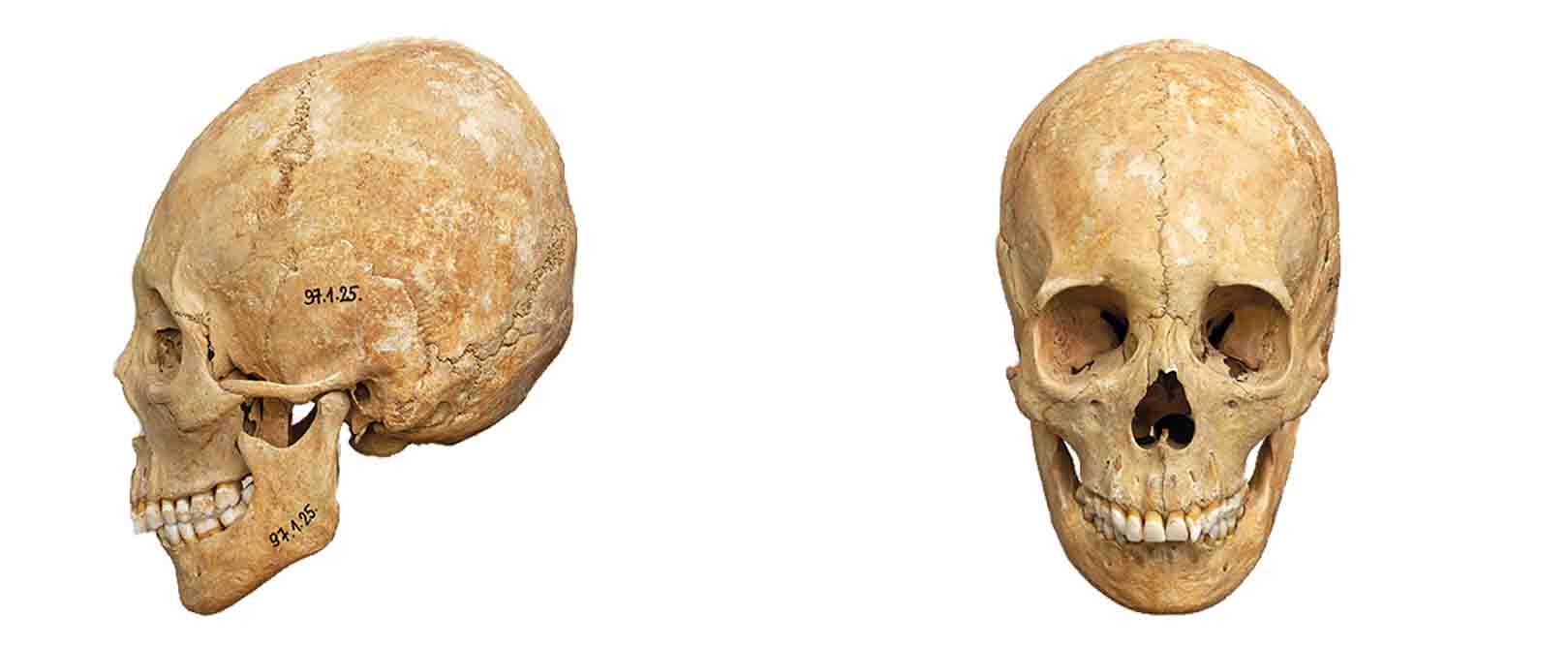
Digs & Discoveries March/April 2026
Roman River Barge
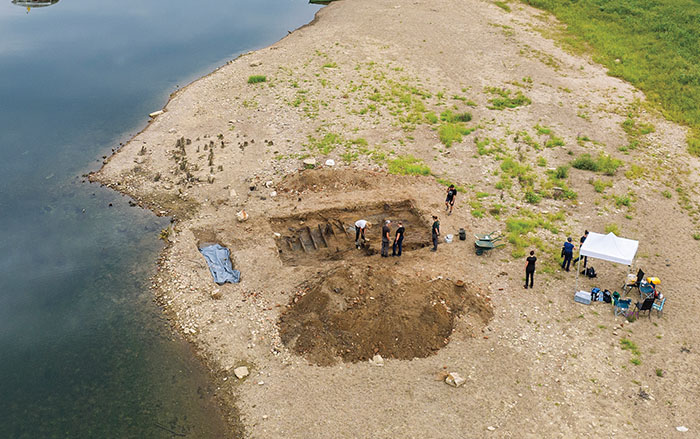
Digs & Discoveries March/April 2026
Roman Gaul’s Literati
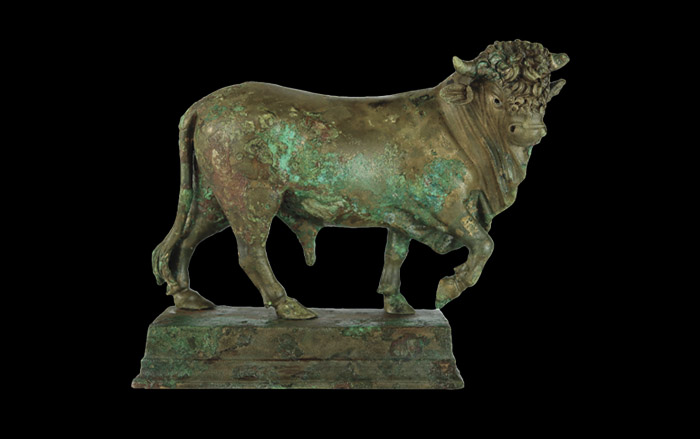
Features January/February 2026
The Cost of Doing Business
Piecing together the Roman empire’s longest known inscription—a peculiarly precise inventory of prices

-
Features September/October 2025
Spirit Cave Connection
The world’s oldest mummified person is the ancestor of Nevada’s Northern Paiute people
 Howard Goldbaum/allaroundnevada.com
Howard Goldbaum/allaroundnevada.com -
Features September/October 2025
Here Comes the Sun
On a small Danish island 5,000 years ago, farmers crafted tokens to bring the sun out of the shadows
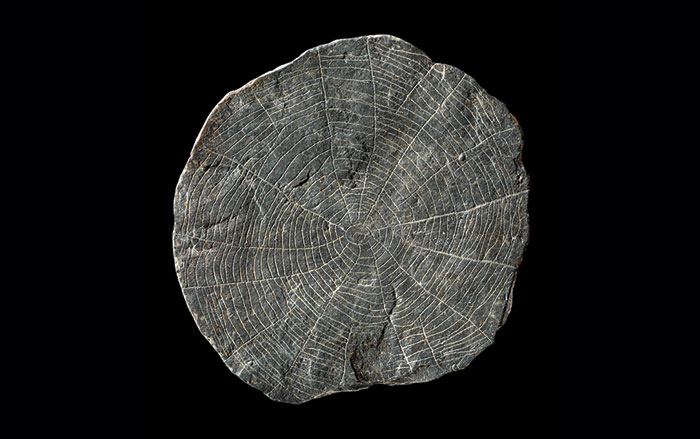 Courtesy the National Museum of Denmark
Courtesy the National Museum of Denmark -
Features September/October 2025
Myth of the Golden Dragon
Eclectic artifacts from tombs in northeastern China tell the story of a little-known dynasty
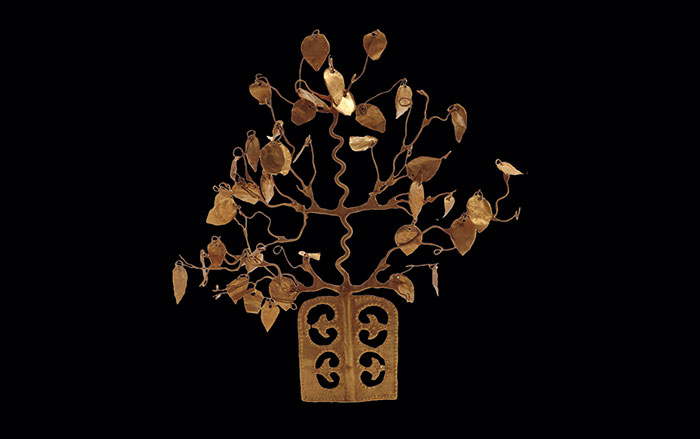 Photograph courtesy Liaoning Provincial Museum, Liaoning Provincial Institute of Cultural Relics and Archaeology, and Chaoyang County Museum
Photograph courtesy Liaoning Provincial Museum, Liaoning Provincial Institute of Cultural Relics and Archaeology, and Chaoyang County Museum -
Features September/October 2025
Remote Sanctuary at the Crossroads of Empire
Ancient Bactrians invented distinct ways to worship their gods 2,300 years ago in Tajikistan
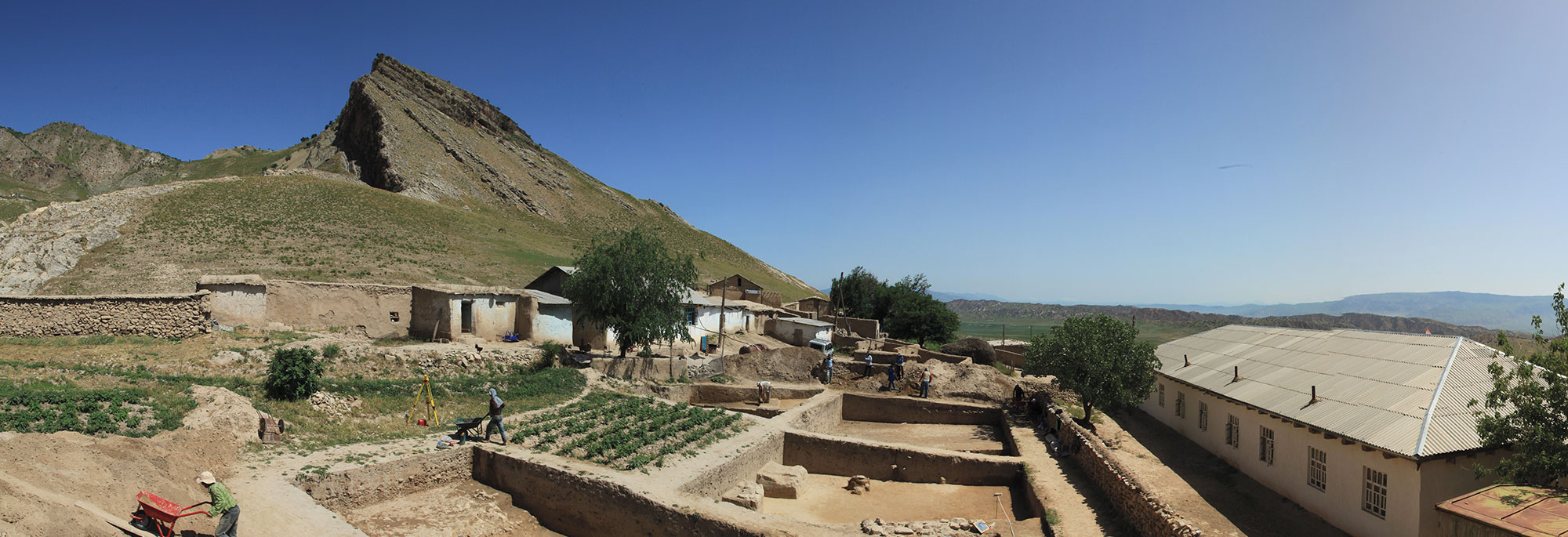 Gunvor Lindström/Excavations supported by the German Research Foundation
Gunvor Lindström/Excavations supported by the German Research Foundation


